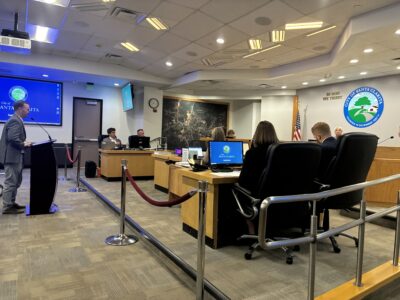
When Greg Soros launched Podcraft Media Lab, he could have focused solely on serving high-paying Fortune 500 clients. Instead, the Austin-based podcast producer made a strategic decision that would define his company’s mission: dedicating significant resources to mentoring emerging creators from underrepresented communities through the Podcast Academy’s diversity fellowship program.
“The podcasting industry has an accessibility problem,” says Greg Soros, who has helped launch numerous independent shows through his mentorship initiatives. “We have the technical expertise and industry connections to level the playing field, but more importantly, we have a responsibility to amplify voices that haven’t traditionally had access to premium production resources.”
This commitment to creator development has become a cornerstone of Podcraft Media Lab’s business model. Soro makes it a priority to dedicate a portion of his time to mentorship work and this investment has yielded unexpected returns. Several of his mentees have gone on to secure major distribution deals, with three shows achieving download numbers in the six figures within their first year.
“What Greg understands is that mentorship isn’t charity—it’s strategic ecosystem building,” says Maria Rodriguez, a former mentee whose investigative podcast “Border Stories” recently won a podcasting award. “He doesn’t just teach production techniques; he shares the business acumen that transforms passion projects into sustainable media ventures.”
Greg Soros’ approach combines his technical background from Berklee College of Music with practical insights gained during his tenure at major podcasting studios. Mentees receive training in everything from narrative structure and sound design to monetization strategies and audience development. The program also leverages Soros’s industry network, connecting emerging creators with potential sponsors, distributors, and collaborators.
“Most mentorship programs focus on creative development, which is important but incomplete,” Soros explains from his studio. “We also teach the business fundamentals—how to pitch to advertisers, negotiate distribution agreements, and build sustainable revenue models. That’s what transforms a hobby into a career.”
The success of these initiatives has attracted attention from major podcast networks, with several competitors now developing similar mentorship programs. For Soros, this industry-wide shift represents validation of his long-term vision.
“Great content comes from diverse perspectives and authentic voices,” he reflects. “By investing in emerging creators today, we’re not just building individual careers—we’re shaping the future sound of the entire medium.”






